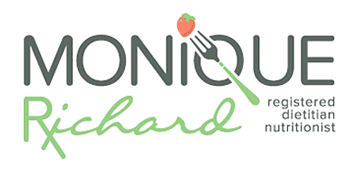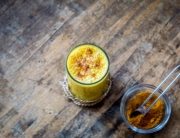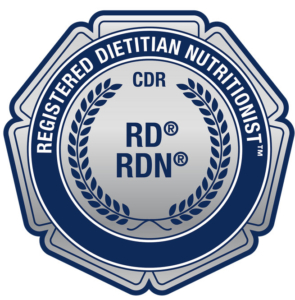Globally, tea is one of the most widely consumed beverages–with its rich history and a vast number of different varieties, tea has earned its reputation as a tasty, refreshing, stimulating, and health promoting beverage for good reason. China, India, Egypt, and the United Kingdom are just a few of the countries where tea holds a deep place in the cultural heritage.
The three main tea varieties– green, white, and oolong– are all made from leaves from an evergreen tree known as Camellia sinensis, and only differ in terms of the amount of processing. White tea and green tea are least processed, and darker teas, like oolong and black teas, are processed more.
Research supports the following health benefits to be linked to tea consumption:
• Delayed aging and damage to cells
• Regulation of blood pressure
• Protection against bacterial and viral infections
• Promotion of digestive health and function.
Two to four cups of tea daily is recommended to yield these benefits, but even replacing one or two cups of your typical glass of sweet tea, soda, or juice may do the body good! Tea also can be a nice way to ease up on caffeine intake—especially for that afternoon “pick me up” when you still need to get to sleep easily at bedtime. Depending on the variety of tea, per 8-ounce cup, caffeine content can range from 5-70 mg of caffeine, compared to coffee, at about 85-150+ mg per cup.
Interested in learning more about the benefits of drinking tea, or the best ways to prepare it? Read more about tea in my latest piece featured in Health and Wellness Magazine!
Post a comment:
Or to schedule an appointment, click here.









